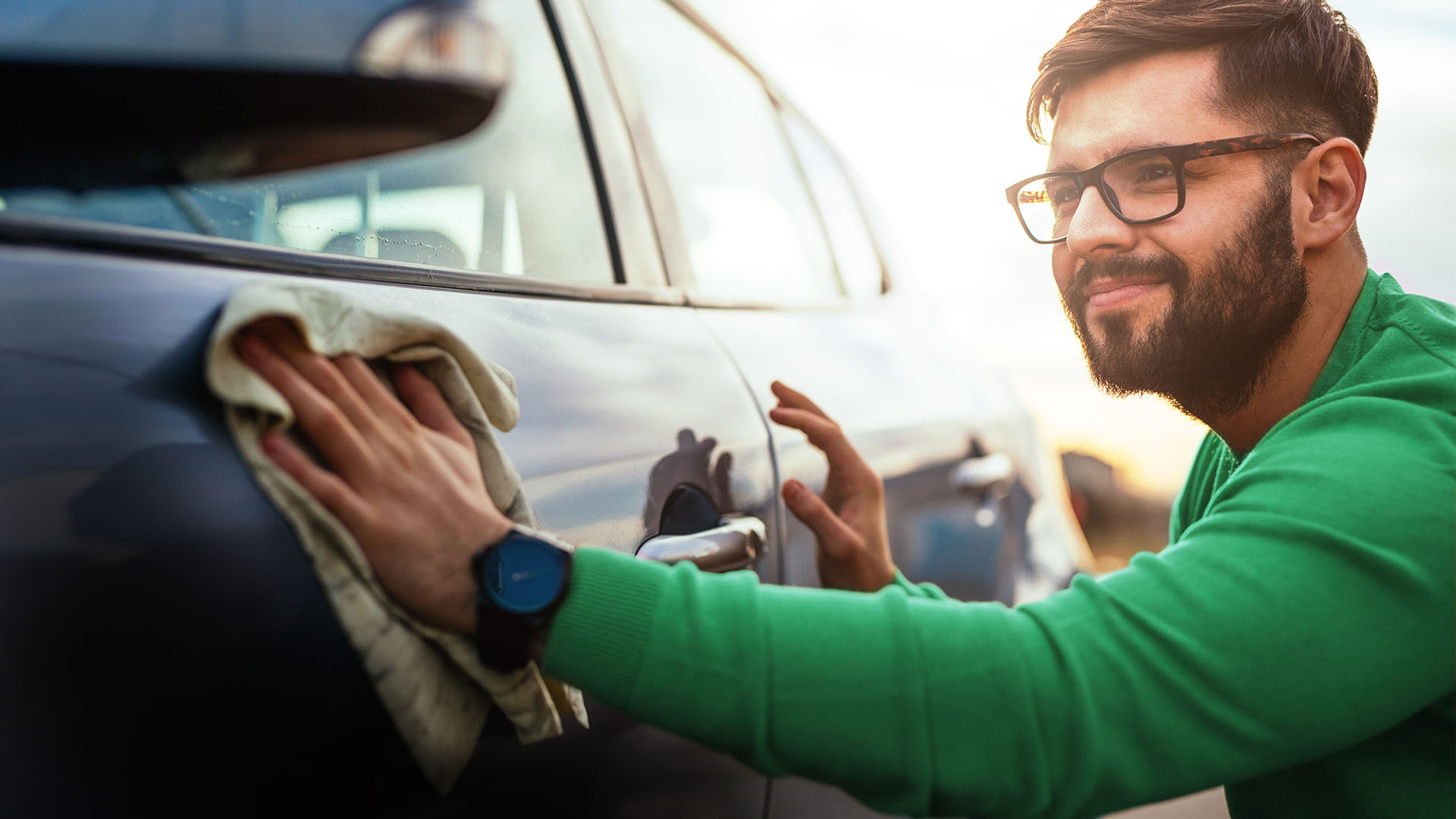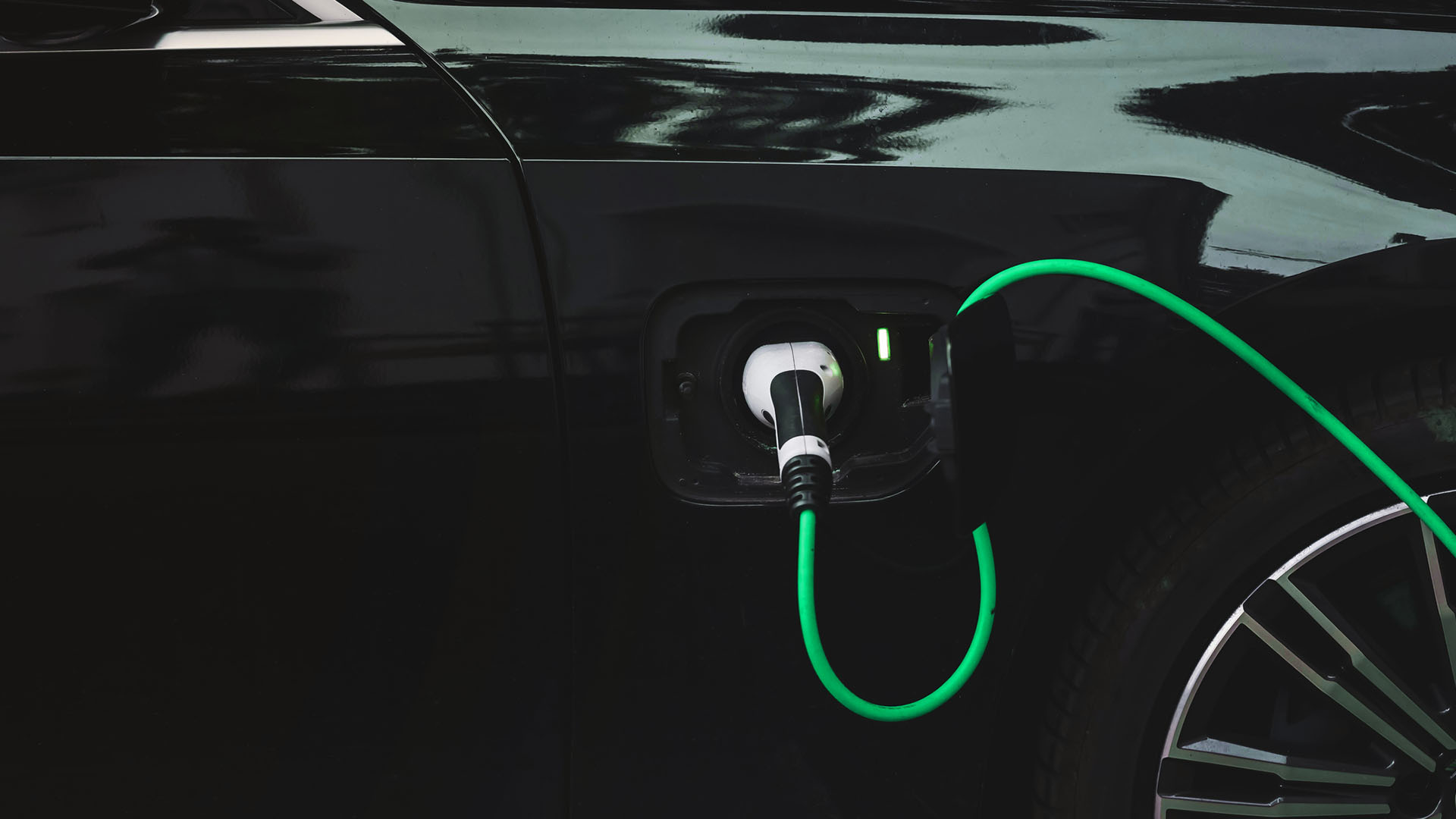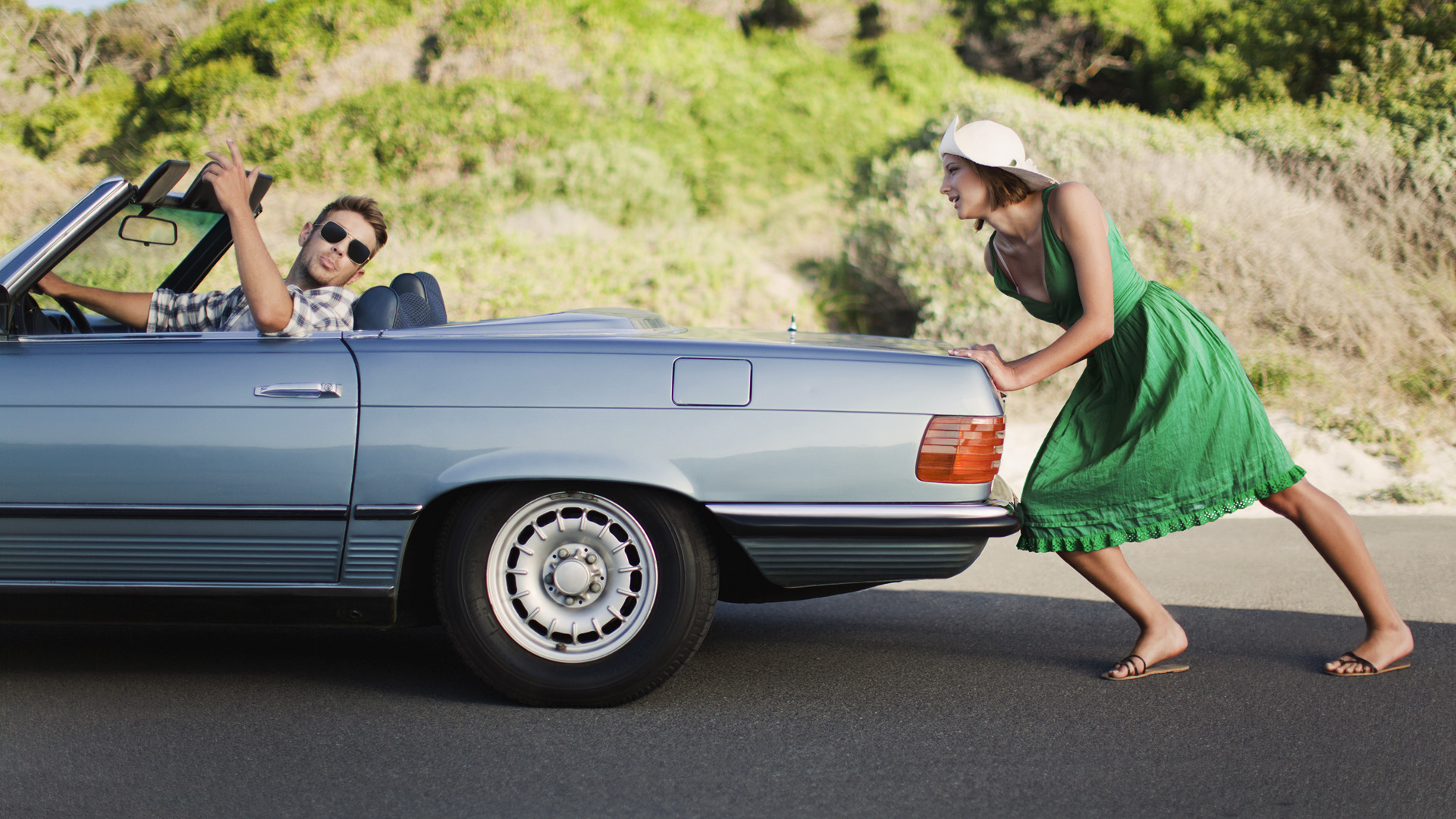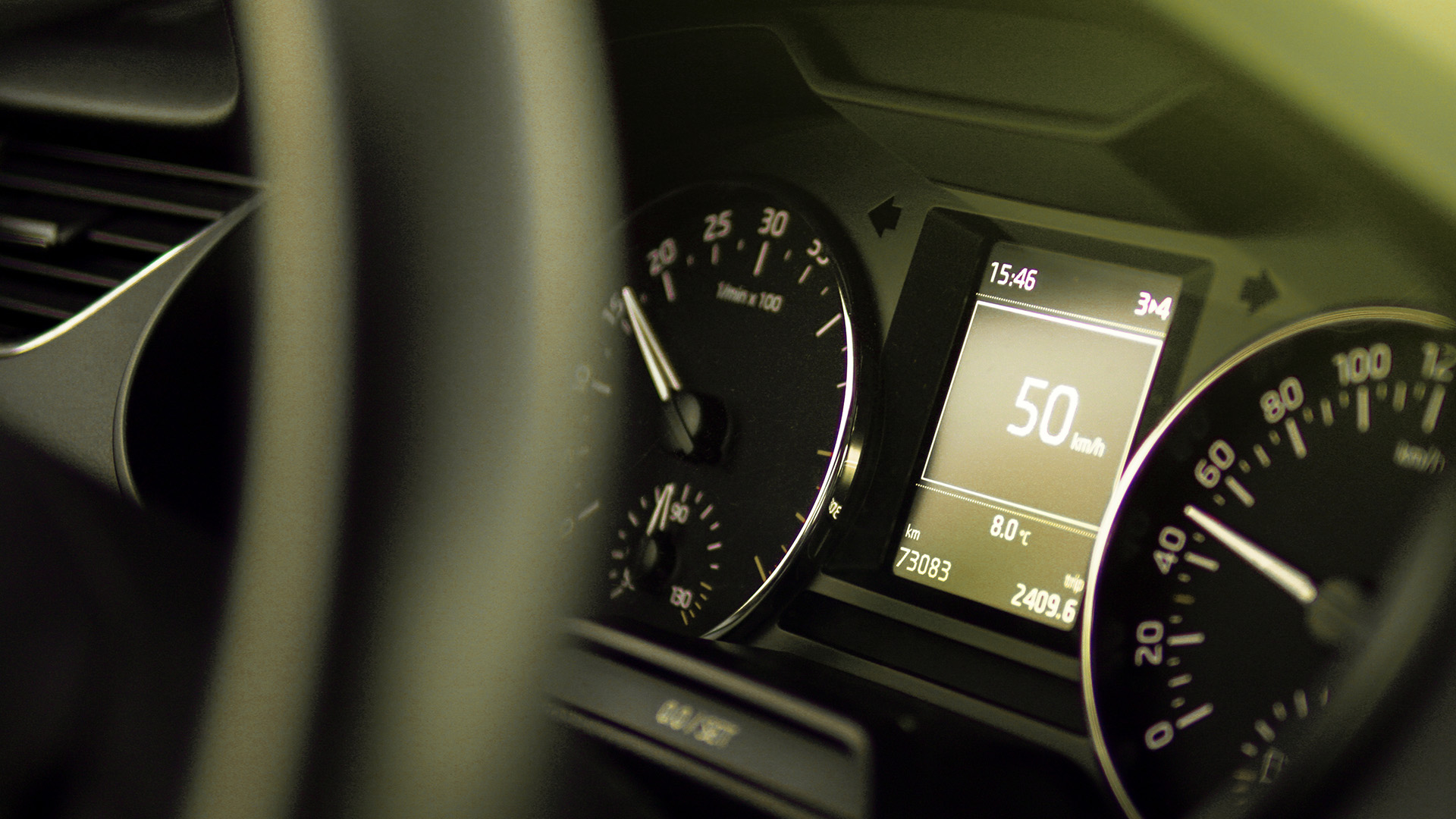Bank your way with low fees and extra benefits.
Enjoy 55 days’ interest free credit and other benefits.
Bank on any device, from anywhere at anytime.
Buy foreign banknotes, transfer funds or shop globally with a travel card.
Affordable loans and interest rates from R2k to R400k.
Buy or build your home with up to 109% financing to cover bond and transfer costs.
Debt management support when you need it the most.
Cover for you and your family in the event of death.
Car, building, house contents, valuables and more.
Bond, credit card, overdraft, loan and car repayments.
Guaranteed income and growth plans for future income.
Achieve your financial goals with expert planning.
We’ll help manage your assets, debts and estate planning.
Let our experts guide you on any financial matter.
Accounts
-
Everyday banking Simpler more affordable
-
Kids accounts For children under 16
-
Youth banking For 16 to 26 year olds
-
Seniors accounts For 55 years and older
-
Private Clients Personalised banking services
-
Private Wealth The globally integrated account
Credit cards
Greenbacks
Switch to Nedbank
Fraud awareness
Forex
-
Send and receive international payments -
Get foreign banknotes and travel cards| Nedbank - Forex rates | Nedbank
- Send and receive international payments
-
Apply for a foreign currency account | Nedbank
Accounts
-
On demand Money available at any time
-
In 24 hours Cash in your hand the next day
-
In 32 days Funds ready within a month
-
End of term Investments left until maturity
Share trading
Secure investments
Investment services
Personal loans
Home loans
-
Buy With you from search to purchase
-
Build Bring your dream home to life
-
Switch Move your home loan to us
-
Manage All the value-adds, 24/7
-
Further lending Flexible and affordable solutions
Overdrafts
Vehicle finance
Solar finance
Debt assistance
- Flexible payment plans for loans and credit | Nedbank
- Consolidate all your debts into a simple loan
- Short-term payment relief | Nedbank
- Take charge and restructure your finances | Nedbank
- Assisted-sales solutions for homes and vehicles | Nedbank
- Understanding how repo rate works | Nedbank
- We have payment solutions to get you back on track
Funeral cover
Short-term insurance
Credit Life
Travel insurance
Business cover
Secure investments
Financial planning
Estate, wills & trust services
Nedbank Private Wealth
Speak to a financial adviser
Rewards and benefits
See prepaid bundles
Check roaming coverage
Frequently asked questions
Check NedFinHealth score
Chat to Enbi
Contact us
Find a branch
Read our blog
- Login & Register
- Online Banking
- Online Share Trading
- NetBank Business
- NedFleet
- Nedbank Greenbacks
- Nedgroup Investments
- Nedbank ID
- Bank
- Accounts
- Credit cards
- Greenbacks
- Digital banking
- Switch to Nedbank
- Fraud awareness
- Forex
- Explore Bank
- Accounts
- Everyday banking
- Kids accounts
- Youth banking
- Seniors accounts
- Private Clients
- Private Wealth
- See all accounts
- Premium banking
- Get help choosing
- Goal saving
- Family Banking
- Foreign nationals
- FAQ
- How-to guides
- Discontinued accounts
- Everyday banking
- MiGoals Premium
- MiGoals Plus
- MiGoals
- Kids accounts
- MiGoals4Kids
- Youth banking
- Unlocked.Me
- MiGoals Premium
- MiGoals
- MiGoals Plus
- Seniors accounts
- MiGoals Premium Senior
- MiGoals Plus
- Tailored banking for seniors | Nedbank
- Private Clients
- Pay-as-you-use
- Young Professionals
- Private Bundle and Private One
- Private Bundle
- Private One
- Private One | Young
- Private Bundle | Young
- Private Wealth
- Private Wealth Bundle
- American Express
- Amex Gold
- Amex Platinum
- Greenbacks
- Exclusive discounts
- FAQ
- How-to guides
- Digital banking
- Resume application
- Resume application
- Switch to Nedbank
- Fraud awareness
- Forex
- Send and receive international payments
- Get foreign banknotes and travel cards| Nedbank
- Forex rates | Nedbank
- Send and receive international payments
- Apply for a foreign currency account | Nedbank
- Send and receive international payments
- Safe and secure incoming international payments
- Secure outgoing international payments
- To Africa
- Get foreign banknotes and travel cards| Nedbank
- Apply for a Travel Card | Nedbank
- Buy foreign bank notes | Nebank
- Forex rates | Nedbank
- Send and receive international payments
- Apply for a foreign currency account | Nedbank
- Foreign Currency Account Application
- On demand
- JustSave
- Group Savings
- In 32 days
- 32Day Notice
- End of term
- Tax-free Fixed Deposit
- Electronic Fixed Deposit
- Electronic Optimum Plus
- Platinum Fixed Deposit
- Fixed Deposit
- OptimumPlus
- Share trading
- Secure investments
- Guaranteed Income Plan
- Guaranteed Growth Plan
- Call me back
- Get a call back
- Explore MyCover Funeral
- Guaranteed Income Plan
- Guaranteed Growth Plan
- Call me back
- Investment services
- Borrow
- Personal loans
- Home loans
- Student loans
- Overdrafts
- Vehicle finance
- Solar finance
- Debt assistance
- Explore Borrow
- Personal loans
- Loan consolidation
- Personal loans
- Home improvement loan
- Explore loans
- FAQ
- How to guides
- Loan consolidation
- Personal loans
- Home improvement loan
- Home loans
- Buy
- Build
- Switch
- Manage
- Further lending
- Explore home loans
- Request a call back
- Track application
- FAQ
- How to guides
- Buy
- Explore buy
- First time home buyer
- Repeat buyer
- Renewable energy financing
- HomeVision
- Home-buying Toolkit
- Edge properties
- Repossessed properties
- Switch
- Explore switch
- Further lending
- Explore further lending
- Student loans
- Explore student loans
- Overdrafts
- Vehicle finance
- Solar finance
- Debt assistance
- Flexible payment plans for loans and credit | Nedbank
- Consolidate all your debts into a simple loan
- Short-term payment relief | Nedbank
- Take charge and restructure your finances | Nedbank
- Assisted-sales solutions for homes and vehicles | Nedbank
- Understanding how repo rate works | Nedbank
- We have payment solutions to get you back on track
- Flexible payment plans for loans and credit | Nedbank
- Consolidate all your debts into a simple loan
- Short-term payment relief | Nedbank
- Take charge and restructure your finances | Nedbank
- Assisted-sales solutions for homes and vehicles | Nedbank
- Understanding how repo rate works | Nedbank
- We have payment solutions to get you back on track
- Insure
- Life cover
- Funeral cover
- Short-term insurance
- Credit Life
- Travel insurance
- Business cover
- Secure investments
- Explore Insure
- Life cover
- Get a call back
- Explore MyCover life
- Funeral cover
- Individual R10,000
- Individual R30,000
- Family Cover
- Build your own cover
- Get a call back
- Explore MyCover Funeral
- Individual R10,000
- Individual R30,000
- Family Cover
- Build your own cover
- Short-term insurance
- Vehicle insurance
- Building insurance
- House contents insurance
- Valuables insurance
- Alternative energy insurance
- Legal expenses | Nedbank Insurance
- Get a call back
- Explore MyCover short term insurance
- Vehicle insurance
- Building insurance
- House contents insurance
- Valuables insurance
- Alternative energy insurance
- Legal expenses | Nedbank Insurance
- Credit Life
- Home loan credit life
- MFC Vehicle Finance Assurance
- Overdraft Assurance
- Balance Protection Plan
- Personal loan Assurance
- Get a call back
- Explore credit life
- Home loan credit life
- MFC Vehicle Finance Assurance
- Overdraft Assurance
- Balance Protection Plan
- Personal loan Assurance
- Travel insurance
- Business cover
- Secure investments
- Guaranteed Growth Income Plan
- Guaranteed Growth Plan
- Get a call back
- Explore MyCover Funeral
- Guaranteed Growth Income Plan
- Guaranteed Growth Plan
- Plan
- Financial planning
- Estate, wills & trust services
- Nedbank Private Wealth
- Speak to a financial adviser
- Explore Plan
- Financial planning
- Investment planning
- Insurance planning
- Give
- Retirement planning
- Investment planning
- Insurance planning
- Give
- Retirement planning
- Estate, wills & trust services
- Will drafting
- Ensure your estate is managed by an executor | Nedbank
- Trust services
- Financial accounting
- Tax services
- Leave the admin of your estate to us, and not to your loved ones | Nedbank
- Will drafting
- Ensure your estate is managed by an executor | Nedbank
- Trust services
- Financial accounting
- Tax services
- Leave the admin of your estate to us, and not to your loved ones | Nedbank
- Nedbank Private Wealth
- Speak to a financial adviser
- Nedbank Connect
- Rewards and benefits
- See prepaid bundles
- Check roaming coverage
- Frequently asked questions
- Explore Nedbank Connect
- Rewards and benefits
- See prepaid bundles
- Check roaming coverage
- Frequently asked questions
- Help Centre
- Check NedFinHealth score
- Chat to Enbi
- Contact us
- Find a branch
- Read our blog
- Explore Help Centre
- Check NedFinHealth score
- Chat to Enbi
- Contact us
- Find a branch
- Read our blog
- Everything you need to know about student loans
- Can gaming make your kid a budding financial expert?
- Airline inconveniences: Can you get compensation?
- Need to travel urgently? A personal loan could
- Everything you need to know about student loans
- Can gaming make your kid a budding financial expert?
- Airline inconveniences: Can you get compensation?
- Need to travel urgently? A personal loan could
Eco-friendly electric motorbikes to fit your budget
Eco-friendly electric motorbikes to fit your budget
Staff writer
4 mins
Electric motorcycles: A cost-effective transport option to lower your carbon footprint.
Transport costs in today’s economy can hit your pocket hard. Inflation keeps pushing up the cost of vehicles, whether new or used. Increasing maintenance costs and fuel prices over the past few years have made running a car on a tight budget much more challenging. If you commute to work every day, you’ll be feeling the pinch even more.
Consider your personal carbon footprint too – rising fossil fuel prices may have a nasty financial impact, but climate change is likely to result in even higher costs in environmental damage. Electric vehicles (EVs) can reduce your carbon footprint, but electric cars are still too expensive for most road users in South Africa.
If you want to reduce both your transport costs and your impact on the environment, you might find that an electric motorcycle is the right EV alternative for you. They’re much more affordable, they’re eco-friendly, and in terms of fuel costs versus recharging costs per kilometre, they’re more cost-effective than internal combustion engine (ICE) vehicles.
Advantages of electric motorbikes
The design and performance of electric motorcycles have progressed rapidly in recent years. Their environmental benefits are clear, but power and technical performance are also important for most motorcyclists. How do the latest electric motorbikes compare to their ICE counterparts?
Performance
Modern electric motorbikes have a clear performance advantage over ICE bikes. Even though ICE motorcycles have higher top speeds, they produce less torque at lower revs per minute (RPM). They can generate peak torque to reach high speed only when at high RPM. Electric motorcycles can reach their peak power and torque instantly. This is a big advantage in terms of rider safety, as it enables you to move out of a dangerous traffic situation quickly.
You can find existing public charging infrastructure at more than 300 locations – mostly in petrol station forecourts
Maintenance
ICE motorcycles can have high maintenance costs. They need regular services to change consumables like oil and water, and to repair or replace the many interacting parts of the engine, cooling system and drive train. Electric motorcycles need much less maintenance. Your main concerns will be the condition of the battery and its capacity to recharge, and the tyres.
Cost
Entry-level electric cars are costly in SA. However, electric motorcycles are available in a similar price range to their ICE counterparts. Factor in the reduced running and maintenance costs, and the total savings you can make over the vehicle’s lifespan mean that switching to an electric motorcycle could be a smart financial decision.
Environmental impact
Climate change is a real threat, so this is a major factor to consider. According to research from Persistent Energy Capital, sub-Saharan Africa imports 3 times more motorcycles than ICE cars – and most of those motorbikes also run on ICE. Choosing an electric motorbike and boosting the import market for these EVs is a way for you to make a positive difference with your buying choices.
Range and charging infrastructure in SA
There are 2 factors that make many people hesitant about switching to EVs – how far the vehicle can travel on a fully charged battery, and whether there are enough recharging points in SA, at the right locations, to make EVs viable as a long-distance mode of transport.
The recharging and battery market in SA is still in its infancy, and we can summarise the local situation as follows:
Range
Current electric motorcycles can travel between 100 and 250 km before needing to recharge – depending on the size of the bike and its battery. Lithium-ion batteries are the most frequently used option. Until the range of electric motorbikes improves significantly, they’ll be handy for urban commuting but not for longer journeys between cities or provinces.
Charging infrastructure
You can find existing public charging infrastructure at more than 300 locations – mostly in petrol station forecourts. Find your nearest station online. However, electric motorbikes often have plug-in battery options that you can charge at home from a conventional wall socket. In other parts of Africa where electric motorcycles are becoming more popular, a network of battery-swapping stations is another option. Motorcyclists can swap depleted batteries for fully charged ones, much like a gas bottle. This concept offers an opportunity to South African entrepreneurs when the local electric motorbike market expands.
In South Africa, you need a Code 1 driving licence to ride a 2-wheeled vehicle on a public road
Electric motorcycle brands available in SA
Here’s a selection of electric motorbikes for sale in SA to suit different tastes and needs. We’ve included the technical spec information where available, and the approximate price at the time of writing:
- Harley-Davidson LiveWire One (R500,000): This top-of-the-range bike is the Harley electric motorcycle flagship. It can recharge to 80% capacity in only 45 minutes and can cover a range of around 250 km of city riding.
- BMW CE 04 (R256,000): Another famous luxury brand, this BMW is classified as an electric scooter. It has a shorter range of 130 km and a restricted top speed of 120 km/h. The battery recharges fully in about 90 minutes.
- Zero SR (R234,000): The value-for-money Zero SR has a top speed of around 200 km/h, a range of 240 km, and takes 60 minutes to recharge.
- Kollter E-Cross ES-1X (R85,000): These locally developed bikes are an affordable option. The battery recharges fully from flat in 3.5 hours, and it has a top speed of almost 100 km/h. However, the range of 100 km means it’s useful only as a city runaround.
- Roam Air (R34,000): This Kenyan-made electric motorcycle is designed for the African market and tougher road conditions. The price makes it an ideal entry-level electric motorbike. Top speed is 90 km/h, and it has a range of 180 km on a dual battery system. These take around 4 hours to recharge.
NOTE: In South Africa, you need a Code 1 driving licence to ride a 2-wheeled vehicle on a public road if it can go faster than 45 km/h or weighs more than 40 kg. You also need to register and license an electric motorbike as you would any other vehicle.
If you’re interested in buying an electric motorbike, Nedbank offers qualifying clients personal loans of up to R300,000. You can get R200 cash back every month if you take out a personal loan and open a MiGoals Plus or Premium account. Terms and conditions apply.








